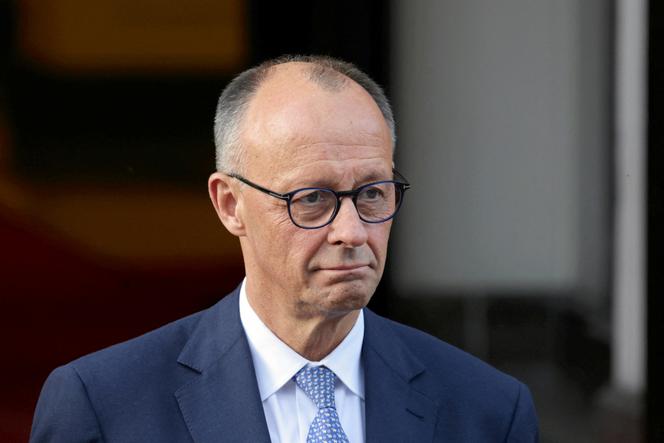


Germany said Thursday, May 7, that US President Donald Trump voiced support for European efforts to end the Ukraine war, in a first phone call with the new Chancellor Friedrich Merz. They "agreed to work closely together to end the war in Ukraine," said government spokesman Stefan Kornelius in a statement. Merz "shared the President's call for a swift end to the killing in Ukraine" and said that "Russia must now agree to a ceasefire to create space for negotiations."
The statement added that "Trump said he would strongly support Germany's efforts, together with France, Great Britain, Poland and other European partners, to achieve lasting peace."
A telephone call between Trump and Ukrainian counterpart Volodymyr Zelensky Thursday went "very well," a senior Ukrainian official told AFP. The conversation lasted about 20 minutes and focused on "diplomacy and the ceasefire" that the United States and Ukraine are trying to establish with Russia, the official said, adding the two leaders also discussed a minerals deal ratified by the Ukrainian parliament.
Then on his Truth Social network shortly after the call, he wrote: "Talks with Russia/Ukraine continue. The US calls for, ideally, a 30-day unconditional ceasefire."
Earlier, Merz spoke by phone with Zelensky and reaffirmed Germany's solidarity with and support for Ukraine, said Kornelius. Merz also "assured the American president that 80 years after the end of World War II, the United States remains an indispensable friend and partner of Germany," the statement said.
Relations have been tested recently after key figures in the Trump administration strongly supported Germany's far-right AfD party, which took second place in Germany's national election in February.
Since Russia's full-scale the Russian invasion of Ukraine in February 2022, Germany has been the second-largest provider of military aid to Kyiv after the United States. Former chancellor Olaf Scholz supported Kyiv while refusing to send Taurus long-range missiles, which could reach deep into Russian territory, fearing an escalation with Moscow. The conservative Merz has been more open on this issue, while also stating that Berlin must consult closely with European partners.
